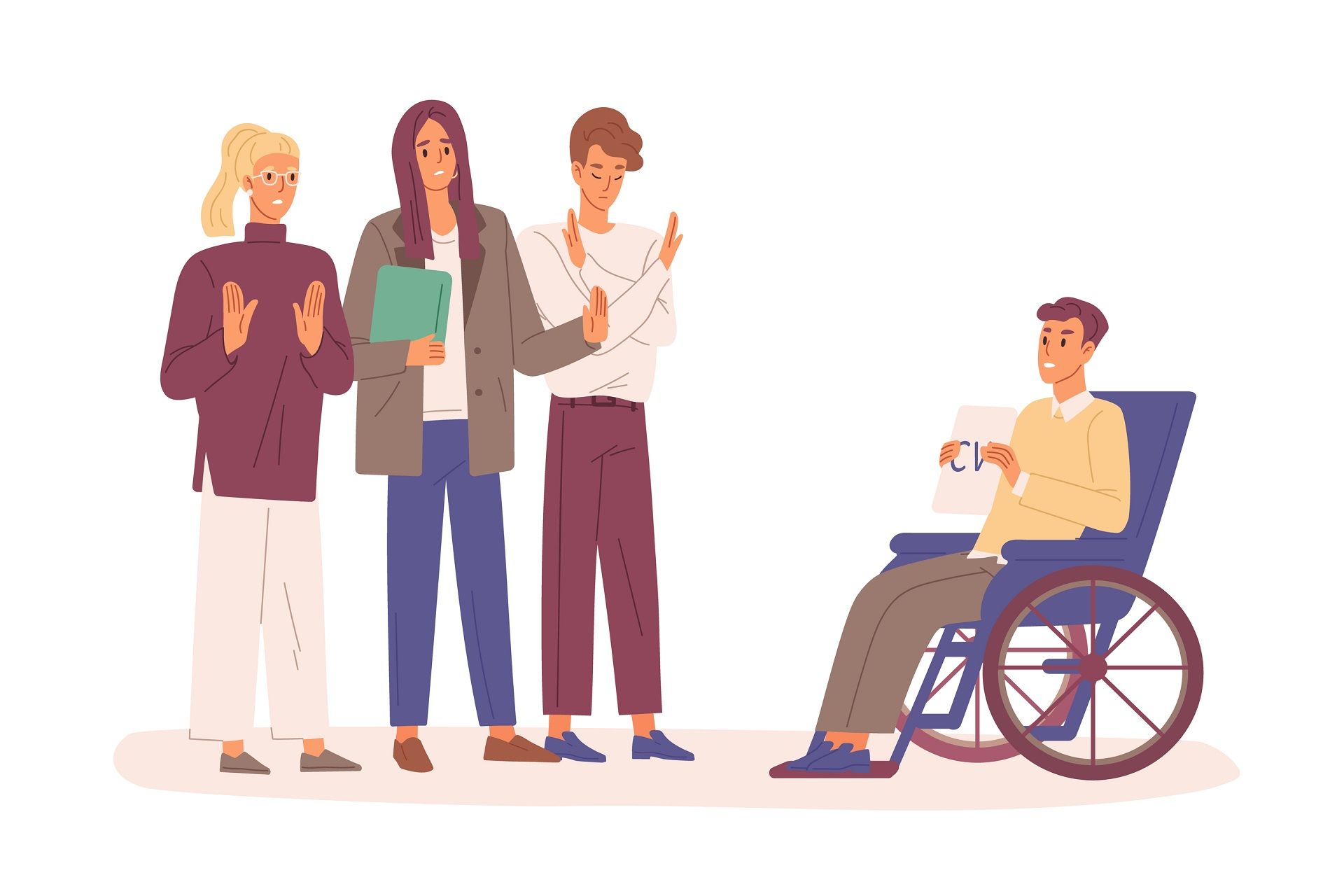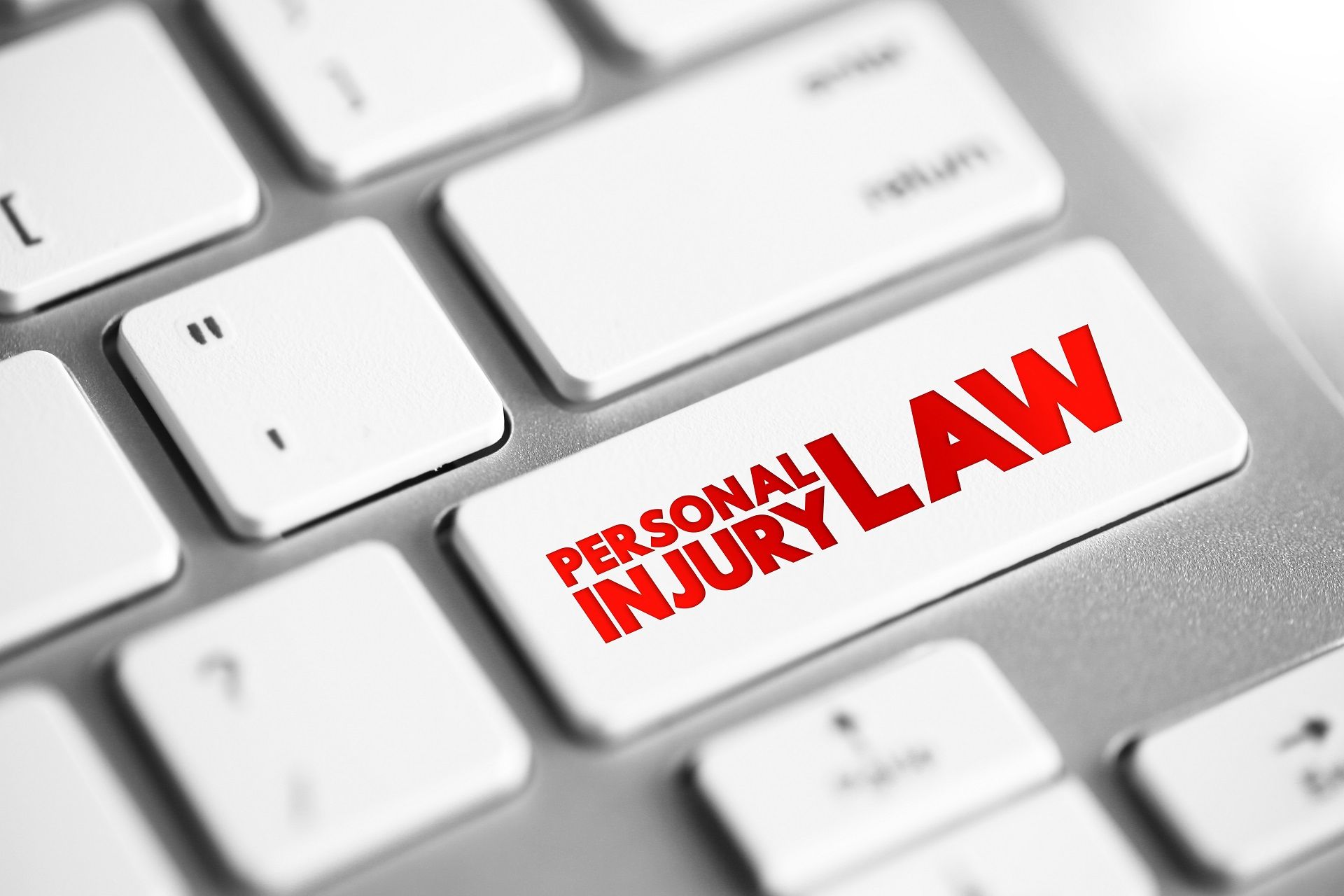How A Vocational Rehabilitation Consultant Can Help You

Living with a disability or sustaining a severe injury is hard to accept for most individuals. The fact some parts of your lifestyle have changed is bad enough, but it’s nothing compared to losing independence and the ability to perform the job that provided you with financial stability.
Although in many cases things may never return to normal, a vocational rehabilitation consultant can help you get a meaningful job despite your disability - the first step toward rebuilding your life.
Vocational rehabilitation is a saving grace for many disabled individuals and is one of the best ways for them to become independent once again. In this post, we focus on what a vocational rehabilitation consultant does and how they manage to be of assistance in various scenarios.
The Role Of A Vocational Rehabilitation Consultant
For the most part, the significance these professionals have in the lives of disabled individuals is often understated. Through services tailored around the client’s needs, a vocational rehabilitation consultant helps them regain control over their situation and ultimately, find gainful employment.
A vocational rehabilitation consultant evaluates the capabilities, skills, and limitations of the client, while also taking into account their individual interests and career aspirations. This serves the purpose of determining the exact skills an individual needs to develop through vocational training, thus ensuring success in obtaining employment.
The main roles of vocational counselors include:
- Helping disabled individuals build strong support systems
- Setting employment milestones and reaching goals
- Creating personalized employment plans
- Aiding clients develop new skills to prepare them for reentry into the workforce
- Assisting in writing effective job applications
- Serving as an advocate if a client is discriminated against
If needed, a counselor might also reach out to potential employers and consult them on making adjustments that might enable clients to perform their job duties more effectively.
People suffering from debilitating conditions are often unfamiliar with various community resources. For instance, they may have trouble gaining access to affordable assistive equipment such as wheelchairs, walkers, and so on. Fortunately, a vocational rehabilitation consultant can help connect their client with equipment that suits their specific needs.
Lastly, the vocational counselor can also fill a role similar to a therapist. For example, they might use their experience and training to aid newly disabled individuals deal with their situations by building more positive coping mechanisms.
Which Groups Of People Do Vocational Rehabilitation Consultants Work With?
The population these specialists work with is very diverse as it encapsulates a large group of physical and psychological disabilities. They are trained to assist those who lost a limb or are dealing with psychological challenges like PTSD.
Specifically, this includes impairments such as:
- Learning disabilities
- Hearing and vision loss
- Speech limitations
- Emotional disorders
- Developmental disorders
- Different physical disabilities and injuries
A vocational professional can assess the extent of an individual’s limitation and pinpoint how their particular disorder/injury affects their ability to find and keep a job.
Crucial Skills For A Counselor
It goes without saying that those who require vocational rehabilitation have to deal with a great number of obstacles in life. Generally speaking, coping with such matters is difficult, which is why counselors need to have a strong sense of empathy, patience, and compassion if they’re to reach success in the field.
Extraordinary communication skills are also essential, especially when dealing with disabilities relating to speech limitations as these individuals might have trouble communicating effectively. The same applies to people struggling with cognitive disabilities. A vocational rehabilitation consultant must be able to communicate with the affected person in a way they can clearly understand.
In a similar vein, a counselor must possess a high level of problem-solving and research skills. For instance, they may need to find appropriate local service providers if needed, as well as locate potential job opportunities or community resources.
Education-wise, the requirements vary from state to state. Nevertheless, in most places, becoming a licensed vocational rehabilitation consultant requires a degree in fields such as counseling or human services. Furthermore, a master’s degree which corresponds with the type of clients the counselor is serving is necessary. For example, a vocational rehabilitation consultant working with children can benefit from a diploma in childhood disorders.
Additionally, licensed vocational counselors need to meet the state-mandated requirements for supervised clinical experience and pass a state exam. Training in this field is ongoing, and professionals need to maintain their licenses by completing education credits regularly.
Where Do Counselors Typically Work?
Vocational rehabilitation counselors can offer their services in different settings. To give an example, community-based organizations such as rehab centers and schools often employ counselors. In these institutions, counselors may help a large number of people reach their employment goals with affordable services.
Otherwise, vocational consultants tend to open a private practice where they’ll hold sessions for a wide range of clients. This allows counselors to be more selective with the types of people they serve, establishing a strong niche along the way.
Regardless of the setting, counselors are happy to aid disadvantaged clients and they typically take great interest in their overall progress. This is especially true when it comes to attending to those with severe disabilities that require a bit more effort to be successful in their endeavors.
Take Full Control Of Your Life
Despite the fact it sometimes seems all the odds are stacked against you, you have it in yourself to learn to take charge of your life and uncover a completely new purpose. We’ve seen it many times, even with individuals facing extreme limitations who felt as if their situation was hopeless.
However, since vocational services often need to be fine-tuned for each individual, your success is in part dependent on the experience of the counselor. Locating someone who is a fit for your circumstances may also present an additional challenge, so we implore you to give us a call.
Here at
OAS, Inc., we have over 40 years of experience in
vocational rehabilitation and
life care planning, during which we managed to become nationwide leaders in those fields. We helped thousands of individuals throughout the country overcome their employment and financial challenges, and we can do the same for you.
Reach us through our
contact form and take the first step to a more fulfilling life.
RECENT POSTS
CONTACT US
We will get back to you as soon as possible.
Please try again later.
Evaluation Request
Contact Us
We will get back to you as soon as possible.
Please try again later.
Contact
Contact Us
We will get back to you as soon as possible.
Please try again later.
All Rights Reserved.
This website is managed by Oamii.







